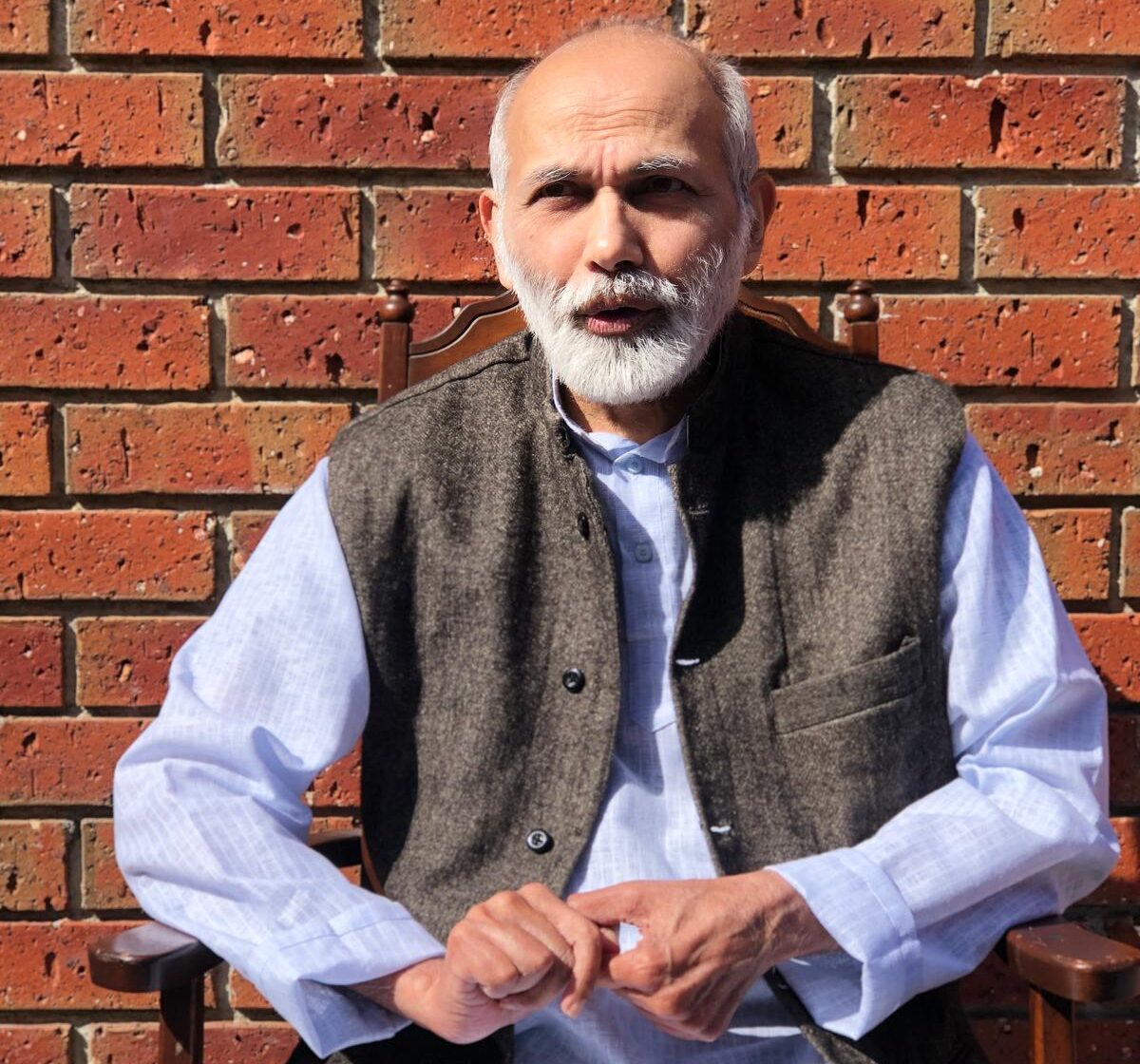
Subaltern Politics Against Capital, Working Class in Capital’s Grip
Communist orthodoxy sees the working class as the main source of surplus value, but it is unpaid labour, drawn from plundered, expropriated, and enslaved subaltern communities, that truly creates it. Subalterns like women, Adivasis, Dalits, and traditional farmers retain autonomy and generativity, making them the real adversaries of capital.
A. K. Ravindran’s Notes on Social Justice, Democracy, and Subaltern Swaraj
Can subaltern identity politics resist capital? Is the eradication of caste truly possible? These are questions that communist parties often raise, only to dismiss them with cynicism, appeasing their base with pessimistic conclusions. History has demonstrated that working-class leadership has been largely ineffective in resisting capital. The transition from private capital to state capitalism was even celebrated under the misleading banner of “socialism.”
To neoliberal capital, the ideological orientation of national governments—left or right—is irrelevant; it is omnipresent and adaptable. The traditional understanding of ‘politics’ has been upended by the rise of global capital. Communist parties, however, remain reluctant to acknowledge that the socialism they once championed has become obsolete in today’s world.
Many on the Left believe they need not fear the emergence of neo-social movements or identity-based movements. They cling to the outdated belief that politics is merely a struggle for state power. In doing so, they overlook—or deliberately ignore—the fact that subaltern identity politics and neo-social movements challenge dominant notions of development and power, breaking free from the rigid left–right binary.
It’s crucial to understand that when it comes to development, there is little difference between private and public capital. The Cold War, in essence, was a competition over developmental paradigms, escalating from industrial contests to nuclear arms and space exploration. Was the Stalinist defeat of Hitler-style fascism anything more than a continuation of this same struggle? And aren’t the so-called socialist colonies of Eastern Europe part of the same imperial ledger?
Subaltern communities—and nature itself—have been systematically exploited and discarded by both left- and right-wing agents of development. They are treated as waste, as surplus after capital has extracted its value. This model of development, introduced by European colonizers, continues to thrive in both its old and new forms.
Communist orthodoxy claims that the working class is the primary source of surplus value. In reality, it is unpaid labor—produced through systems of plunder, domestic slavery, evictions, and expropriation—that creates surplus. The working class, caught in the machinery of capital, lacks the political autonomy to resist it meaningfully. Their labor often acts as a middleman’s task, relying on inputs extracted from subaltern classes and nature. This so-called “value-adding” labor is morally disconnected—tied only to capital and divorced from ethics or human values.
In contrast, subaltern communities embody fertility and generativity. Women, Adivasis, Dalits, traditional farmers, artisans—these groups often retain a degree of self-reliance and autonomy from capital. Yet they are relentlessly targeted by capital, stripped of independence, and subjected to plunder, displacement, and at times, even genocide. Capital does not act alone—it allies with internal oppressors to deepen its reach. In this ongoing war, the subaltern is the true adversary of capital and the genuine source of value.

Caste annihilation cannot be achieved by homogenizing labor or integrating all into a common productive role. It must be rooted in the self-respecting resistance of subaltern identities. Competing with the Sangh Parivar within the realm of party politics will only entrench power structures, not dismantle caste.
One challenge within identity politics is its partial entanglement with power politics. Some leaders, like Mayawati, believe in leveraging governmental power as a solution. However, many others reject electoral politics altogether, dedicating themselves to subaltern micro-politics. This form of politics is not a diluted version of the mainstream—it is radical and holistic, rooted in personal and collective resistance. Its aim is not destruction or domination, but liberation. One form of fascism cannot be used to defeat another; power must be deconstructed, not rebranded.
Power is inherently patriarchal and, in India, deeply entwined with caste. It is inherited, concentrated, and gendered. That is why Congress remains tied to the Gandhi lineage, and why Indira Gandhi was once infamously called the only ‘man’ in her cabinet. The goal of reservations is not merely inclusion in development or state power—it is to enable a subaltern and feminist mode of power, to transform its very nature. Supporting identity politics is key to this deconstruction.
The working class, by its intermediary nature, cannot dismantle power along subaltern or feminist lines—it can only seek to seize it. This explains the communist obsession with economic reservations. Meanwhile, mainstream feminism—often upper-caste and male-centric—also fails to challenge power structures meaningfully. The debates around the Women’s Reservation Bill reveal these contradictions.
This middleman role also limits the working class’s ability to engage with environmental struggles. The worker is both a product and an instrument of capital. A genuine anti-capitalist transformation requires humility—a recognition that the very existence of the worker depends on subaltern communities and their life-giving capacities. Only through such humility can the working class abandon its desire for leadership, align with subaltern struggles, and become truly anti-capitalist, anti-authoritarian, and pro-subaltern. Only then will gender justice be attainable.
Hindutva identity and working-class identity share a foundational affinity: both are rooted in power politics. Whether it’s a religious state or a proletarian dictatorship, both forms mirror each other in their authoritarianism. Neither aligns with the spirit of subaltern resistance. Fundamentally, subaltern identity politics is both anti-capitalist and anti-authoritarian. It must prioritize ecological knowledge and horizontal science. Without this foundation, the towering structures of development are destined to collapse.
